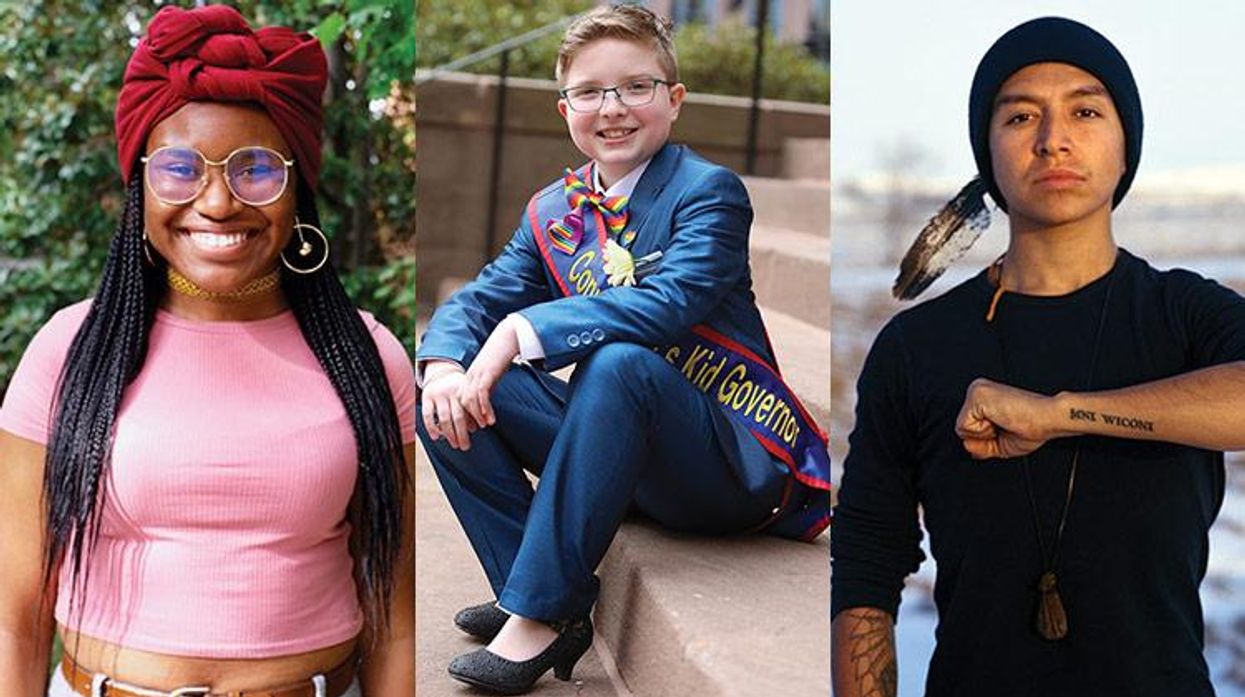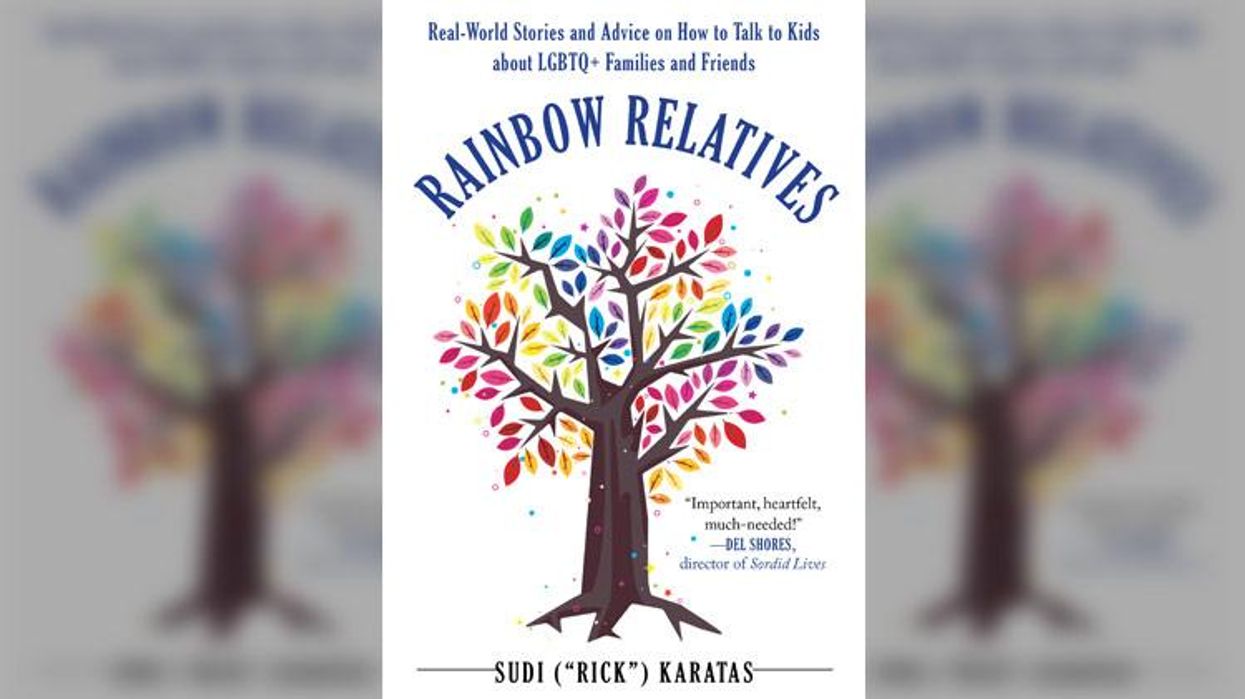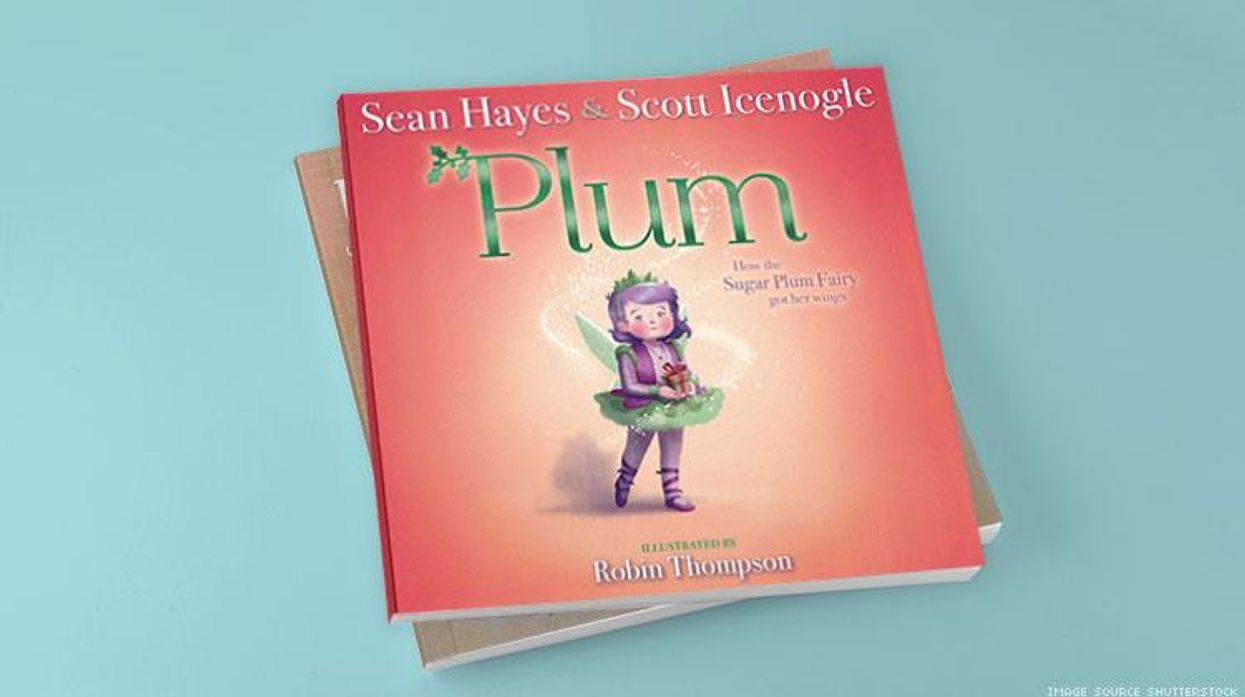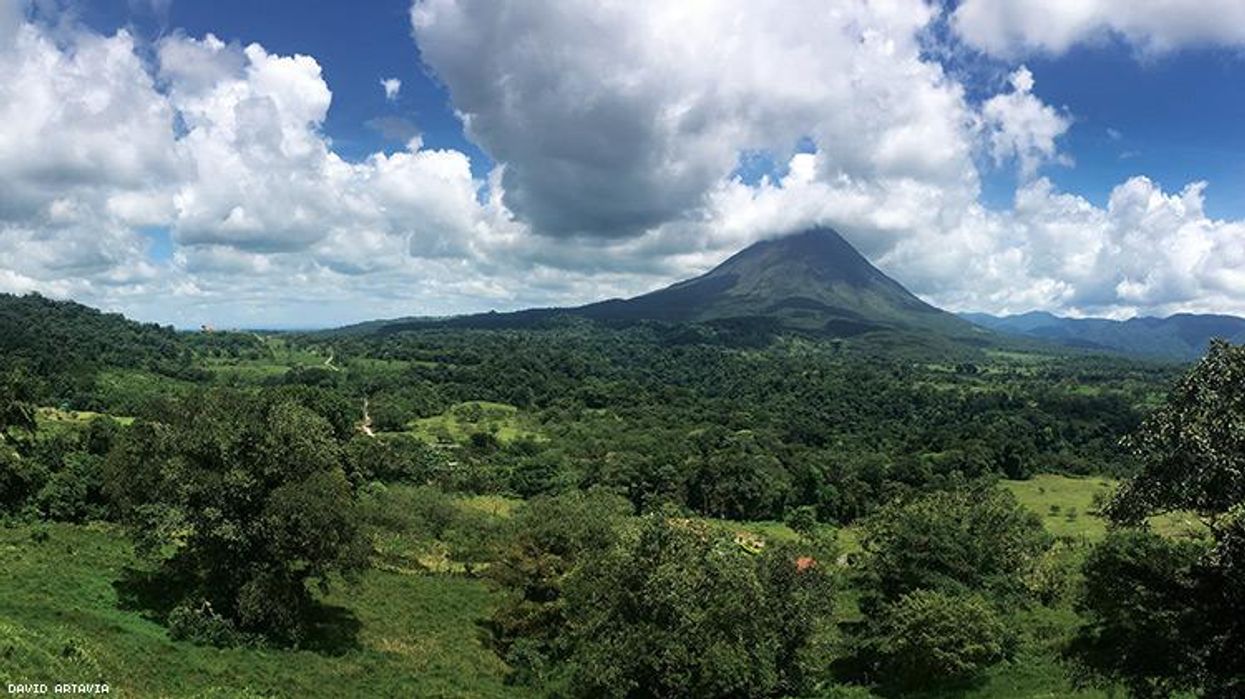It seems like there's always either a political rally or a football game going on in Madison, Wis., the quintessential American college town on an isthmus between two Upper Midwestern lakes and the capital of the politically schizophrenic Badger State. But on the morning of March 24, it was the opposite.
The March for Our Lives, a student-led demonstration supporting tighter gun control laws, made its way up State Street to the pretty Wisconsin State Capitol. Seven years ago, it was also the site of the dramatic and utterly failed protests against Gov. Scott Walker's move to break the state's public-sector unions -- a year after the defeat of Sen. Russ Feingold, a progressive darling; and five years before Wisconsin unexpectedly contributed to President Trump's catastrophic victory.
Madisonians, the Wisconsinites of a newly red state, were bafflingly joyous as they protested gun laws that allow the indiscriminate slaughter of schoolchildren. A man waved a red flag from atop a plinth by the capitol steps as a jocular, slightly atonal punk populist marching band fired up the crowd.
It was peak Madison. Native daughter Tammy Baldwin, 56, the first out lesbian U.S. senator, took the lectern before an adoring crowd, turning chants of "Tammy!" into local teenage organizers' names.
"Our generation," she said, gesturing to herself, "is learning a lot of lessons today, and I hope everyone in Congress is taking notes."
In the crowd was another out lesbian, 15-year-old Esther, who says, "I feel very represented in Congress, since someone's there who looks just like me."
After Baldwin finished her speech, a grungy man in black with a pistol at his hip asked if she works in a gun-free zone. The senator deflected. He started raving NRA talking points, but neither Baldwin nor the crowd of middle-aged women around her noticed or cared as they posed for pictures.
At the next campaign stop, Baldwin addressed a crowd of white-haired liberals at a rural public school in Madison's expansive Dane County, descendants of farmers whom Republicans would sooner have let starve during the Depression rather than raise taxes on the rich to pay for the general welfare.
Baldwin recounted her childhood experience with an illness akin to spinal meningitis. She recovered without health insurance, as she was raised by her grandparents, whose plan would not cover her. They paid out of pocket. Then Baldwin was labeled with a preexisting condition. The speech played well, an honest and real confession on an issue too often lost in the weeds of policy wonkery.
"Tammy's really unrelenting commitment to Wisconsin values has really propelled her to where she's at," says Jason Rae, the Democratic National Committee secretary from Rice Lake (population 8,400). "This is me speaking very personally as a gay man from rural northwestern Wisconsin. I never thought we would elect an [out] LGBTQ person to the Senate from my state." He expects her to serve in a majority-Democratic Senate next January.
The midterms generally favor the minority party, but the Midwest is in flux. Outside groups and anti-gay Illinois businessman Richard Uihlein are spending heavily against her. Baldwin touts Wisconsin's progressive history. "I sit in the same Senate seat that Robert M. La Follette Sr.,once did," she said, "and he was all about making sure that the people's voice was elevated over the grip that the monopolies of the day seemed to have on both capitals, Madison and Washington, D.C." Then again, Joe McCarthy occupied her seat as well.
The senator readily admits that she needs "Baldwin-Trump" voters to win again. She recounts aggressively Wisconsinite tropes, of a dairy farmer who's "going to vote for Tammy because she has had the backs of dairy farmers since we've known her" and a foundry voter who supports her for her "Buy America" legislation, "which, I will say, I've been working on longer than Donald Trump has."
None of this sounds insincere as I interviewed Baldwin during the car ride back to Madison along two-lane highways. She is reserved without being standoffish. She loves her state's two Great Lakes coastlines and interior lakes. She boasts of Wisconsinites' work ethic and her state's manufacturing and agricultural industries. Disarming and plainspoken, she's an unmarried workaholic with few hobbies: "Sewing, carpentry and, in good Wisconsin weather, a little planter garden."
Baldwin's handlers wisely dissuaded me from asking how the power lesbian social scene in Washington differs from Wisconsin's. The seriousness made her reflection on the current state of things deeply troubling. I asked her what issue LGBT people specifically should be most concerned about nowadays.
"I think something that sort of combines a lot of communities and movements together is the erosion of the rule of law and accountability," she answers. "Because, at some point, if the institutions we count on to carry out the law are so discredited, we're all going to be in a lot of trouble."
I asked her if she worried this could come to pass. "Yes," she replies. Nevertheless, "I wouldn't stand for election if I didn't have hope for the promise of democracy being the best way we have to make positive change, make progress, and defend progress previously made," she says. "I also have been at it long enough to see steps forward as well as steps back, but taking steps forward depends upon the institutions remaining sound."
She continues, "So when you ask the question, 'Do I worry about this?' Absolutely, but I'm also very hopeful that the people would demand that these folks are held accountable."
Baldwin has puzzled observers by her low-key treatment of being the first out gay senator. She bunted my question about the HIV and syphilis outbreak among young black men who have sex with men and trans women in Milwaukee. What came next was a moving reflection on queer politics.
Baldwin came out late in her career at Smith College, right before moving back home to Madison to attend law school at the University of Wisconsin. In 1986, when she was first elected to public office (to the Dane County Board of Supervisors), HIV-positive men were also coming home to Madison -- to die.
"It was very clear that the two issues, the two political and personal issues that I had been most involved in, were coming together, and that we had to fight discrimination in order to get people access to healthcare," she says. "We had to fight fear and misinformation in order to force nursing homes to admit people who were HIV-positive. We had to educate our county workforce so that they wouldn't be scared to do their jobs. And I got this incredible opportunity to lead that effort in the county as a 25-year-old."
Journalists would often ask "Tammy Baldwin, out lesbian, running for Congress" about her "gay agenda."
"Part of how we were successful is showing that we were fighting for everyone," she says. "I didn't have a woman's agenda. I didn't have an LGBT agenda. I had a people's agenda. And I would listen. I would be fair and I would fight for working people to get ahead. And that means everyone."
Aaron Gettinger is a staff writer at the Hyde Park Herald in Chicago and a frequent contributor to The Advocate.















Charlie Kirk DID say stoning gay people was the 'perfect law' — and these other heinous quotes
These are some of his worst comments about LGBTQ+ people made by Charlie Kirk.